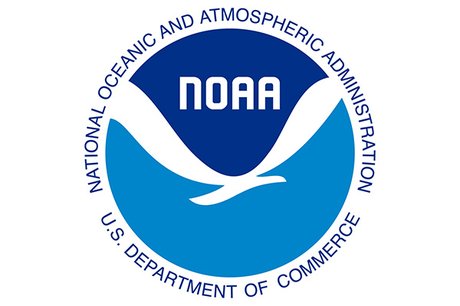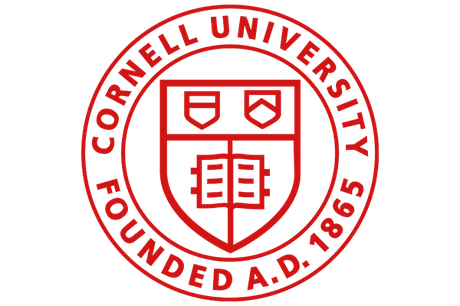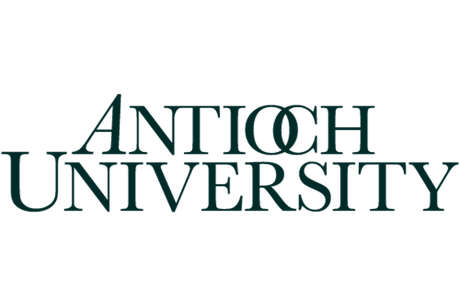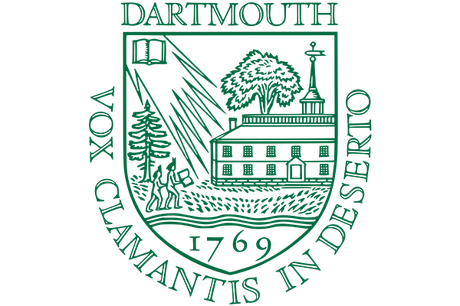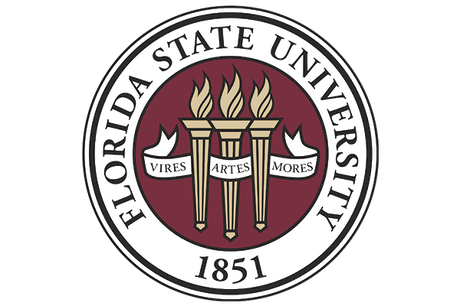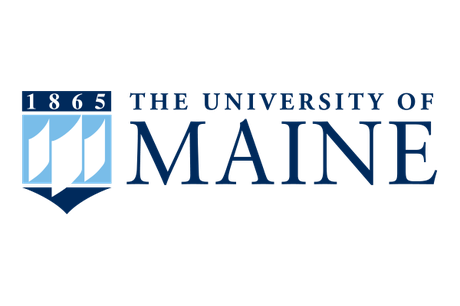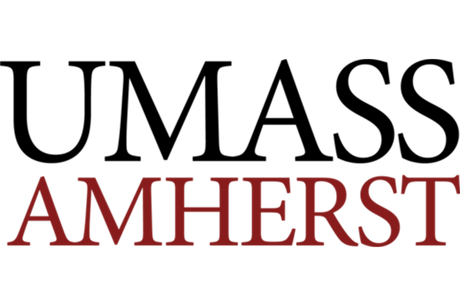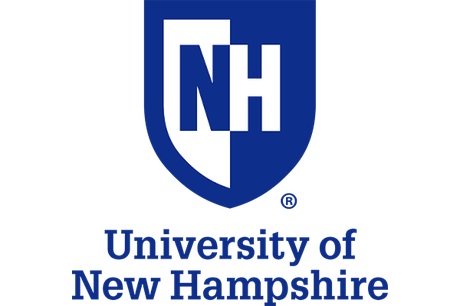A Northeast Safe and Thriving for All (NEST)
Examining Climate-related Migration in Northern New England.
A Northeast Safe and Thriving for All (NEST) examines the Upper Northeast region as a destination for migration as climate change makes other parts of the country and the world less habitable. In-migration presents opportunities for economic revitalization, but must address the needs of existing residents and the potential for conflict around demographic and land use changes. This project aims to mainstream migration considerations into broader climate planning efforts, while looking into how governance, community values and attributes, and more affect the region’s vulnerabilities and preparedness for future demographic change.
Our Project:
- Reviewed the existing knowledge base and state of planning throughout the region as it relates to climate-related migration.
- Revealed the equity trade-offs and tensions, risks, and opportunities created by climate-related migration into the region.
- Raised awareness among key community leaders about the issues surrounding climate-related migration, and lay the foundation for mainstreaming such considerations into broader planning processes.
- Cultivated a network of engaged experts and stakeholders to co-develop research and planning processes that address climate-related migration.
A Northeast Safe and Thriving for All (NEST) Final Report
This synthesis report will benefit community decision-makers working to support further climate migration planning.
As national conversations grapple with climate migration, many have cast the Northeast and Rustbelt as future migratory havens. The Upper Northeast (a region spanning from Buffalo, NY through the Adirondacks, western MA, VT, NH, and ME) is no stranger to demographic change. However, past migrations have dispossessed land and livelihoods from Indigenous, Black, and low-income white people, even as they supported others’ economic expansion.
Today, the region’s spatial, socio-economic, and environment conditions reflect development paradigms that systematically have widened inequality among communities. This history, as well as emerging social science research, suggests that, absent systemic change, climate migration will further marginalize already disadvantaged groups.
The question is not whether this region can adapt to climate change, but rather how adaptation for existing and future in-migrants can help repair past and current inequities.
Here are the types of questions we addressed through this project:
- Should a community shift from septic systems to a larger wastewater treatment facility given growing flood risks or should households relocate from the floodplain?
- How much land use and zoning reform is needed to adjust for managed retreat and relocation housing given movements within and among communities?
- Should they prioritize farmland for agriculture, solar fields, or new and affordable housing?
- Should communities upzone main street and urban core areas for denser housing to accommodate new residents, or will this contravene historic preservation and affordable housing goals?
- Whose housing and infrastructure needs are prioritized?
- How will jobs and community culture change with new residents?
- Who should have voice in this process given that migrants may not be present year-round, be there in the future, or have yet moved to the region?
NOAA’s Climate Adaptation Partnership program is an applied research and engagement program that expands society’s regional capacity to adapt to climate impacts in the U.S. This one-year regional planning grant enabled a diverse group of more than a dozen experts to: (1) conduct literature and other knowledge reviews, (2) facilitate subregional engagement activities to deepen a two-way exchange of information, (3) convene a regional conference to consider opportunities for cross-state and multiscalar learning, and (4) develop a synthesis report for community decision-makers to support further climate migration planning.

Climate Migration Workshop Report
Explore the report on the joint workshop convened by the Maine Climate Change Adaptation Providers Network and the New Hampshire Coastal Adaptation Workgroup.
GMRI Project Team
Read More
-
![Gulf of Maine Warming Update: Summer 2022]()
Gulf of Maine Warming Update: Summer 2022
Read on for an inside look at what we've learned in our summer 2022 Gulf of Maine warming update.
Announcements
-
![Planning Forward for Stronger Coastal Communities]()
Planning Forward for Stronger Coastal Communities
Our Municipal Climate Action Program launches a new climate strategy workshop called Planning Forward.
Tidings
-
![2021 was the hottest year on record for the Gulf of Maine]()
2021 was the hottest year on record for the Gulf of Maine
The Gulf of Maine experienced what scientists now call a "marine heatwave" for the entire year.
Press Clips
-
![2021 Research Progress Update]()
2021 Research Progress Update
Our research team has been hard at work over the last year. To keep you updated on their progress, we've developed a report showcasing some …
Announcements
